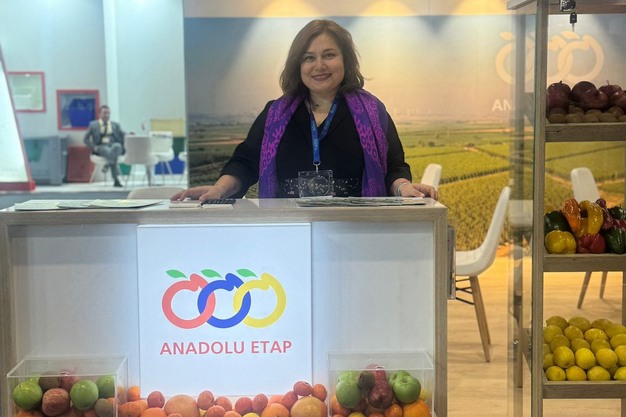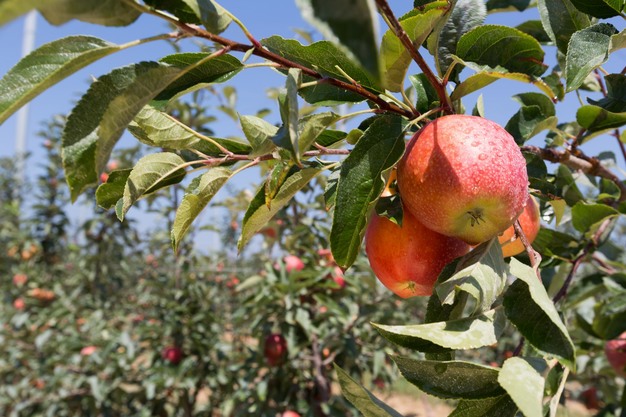The vibrant logistical situation surrounding the Red Sea has meant that Turkish apple exporters have had to plan accordingly so as to not run into any surprises. According to Aysel Oguz, commercial manager for Turkish fresh produce grower and exporter Anadolu Etap, despite these challenges they’ve been able to expand their market share in new markets:
“We started our apple season early in August, with Gala apples, and continued on with other varieties, such as Granny Smith, Braeburn, Red Delicious and Fuji. Most of our apples were shipped before the logistical crisis of the Red Sea hit. We have a stable customer base that give us an opportunity to plan our order on weekly or monthly basis. This is easier to handle, as we are growers and we need a lot of planning. There is a preconception that most of the Turkish apples go to India and the Middle east, however, this year we’ve tried to explore new markets, such as Latin America, and did very well.”

However, Oguz states that exporting to the Asian markets has become more difficult, costly and simply takes more time now than it did before the Red Sea crisis. “The demand for Turkish apples is good, despite the transit time having increased by 20-30 days in some cases. Now is the time when the Indian season is picking up and the demand is high indeed. During the times when the tariffs for US production was increased in India, Turkish apples got a tremendous popularity boost, and even now, despite all challenges, demand remains at a solid level.”
As the problems have still not been resolved, Oguz feels that producers need to focus on the post-harvest to enable the produce to withstand the longer transit time: “The issues surrounding the Red Sea affect a lot of countries, not only Turkey, the whole supply chain has been affected. All logistics companies are looking into getting new routes, faster ones than currently available. People involved in production will have to focus more on post-harvest solutions and how to prolong the shelf-life of the particular items.”

Naturally, the entire situation has left its mark on the prices of the Turkish apples. “Prices usually steadily increase as the season continues. However, due to high freight rates this season, the costs went up at once and that made the prices go up as well. That being said, this does not mean that the exporter is getting a higher margin, it is actually getting a tighter profit margin,” Oguz concludes.
For more information:
Aysel Oguz
Anadolu Etap
Tel: +90 535 366 3983
Email: Aysel.oguz@anadoluetap.com
www.anadoluetap.com
